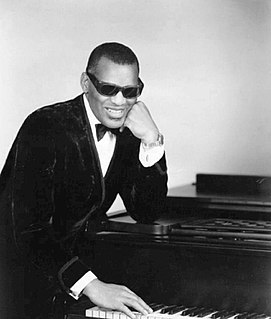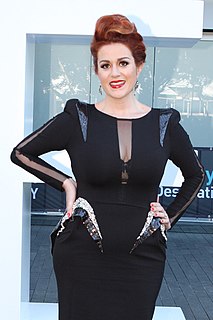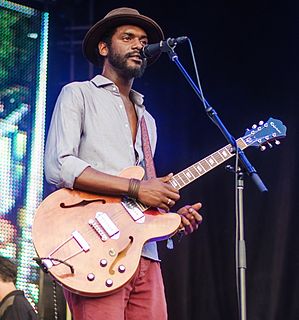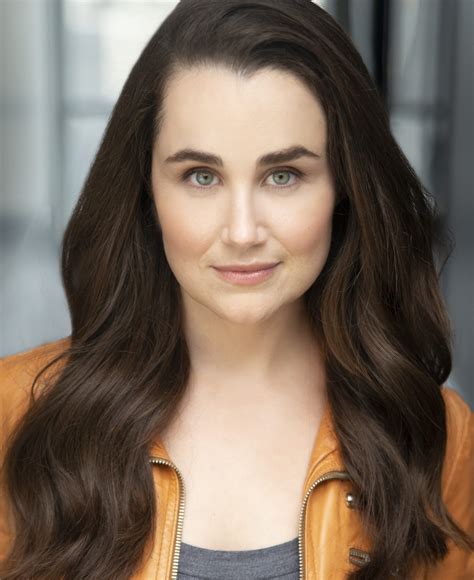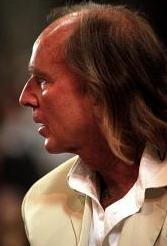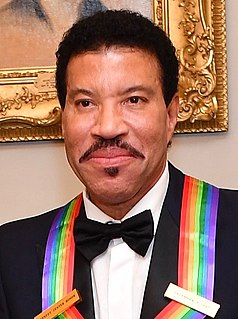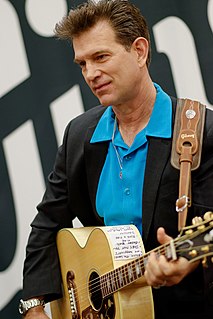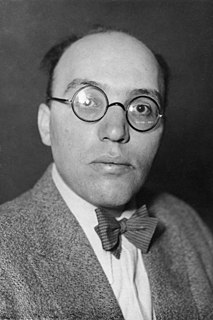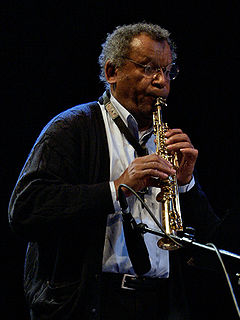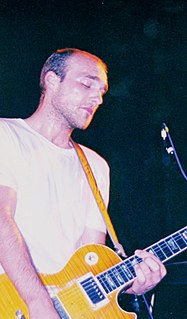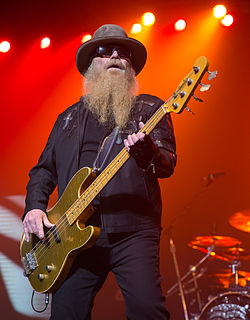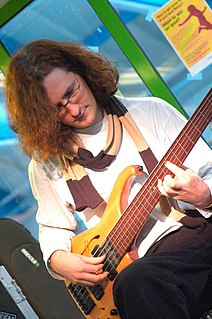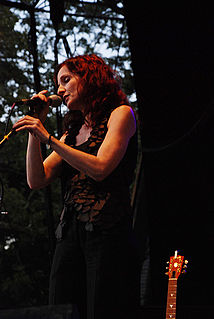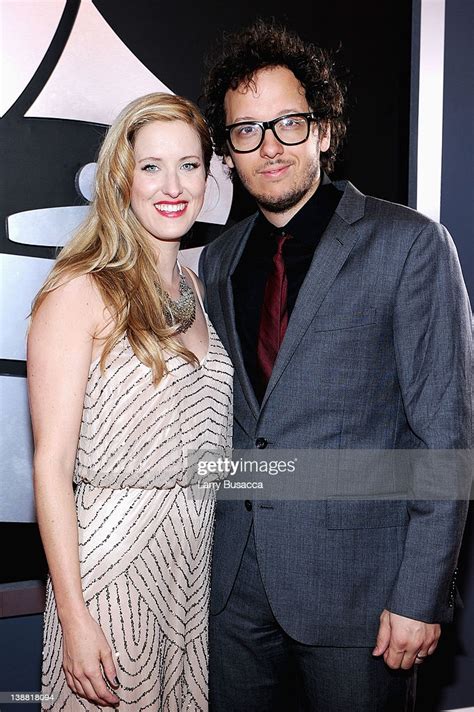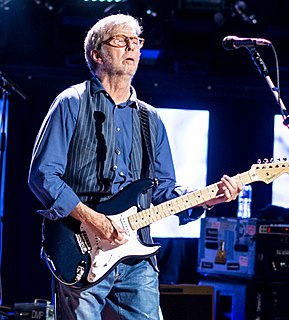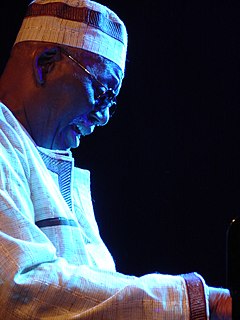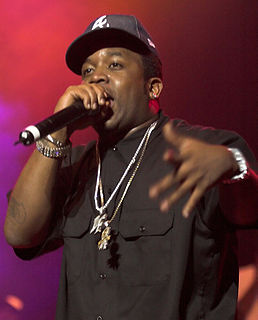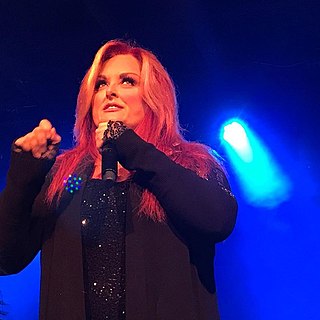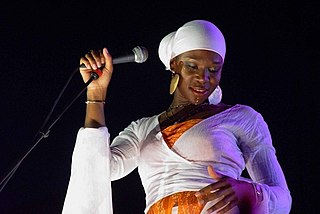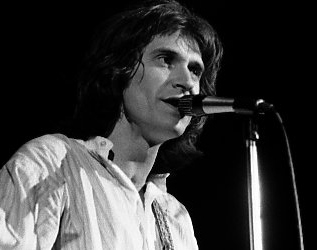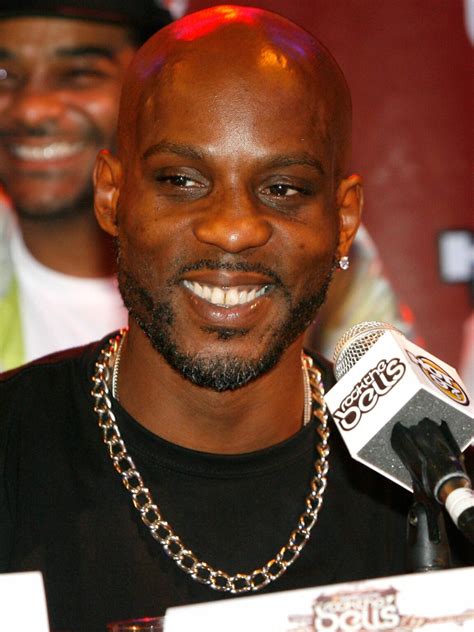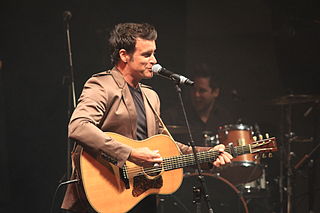Top 1200 Blues Music Quotes & Sayings - Page 9
Explore popular Blues Music quotes.
Last updated on December 19, 2024.
Facinating." He broke into a wide grin. "I've discovered something, Khufu. This is not Memphis, Egypt." Khufu gave me a sideways look, and I could swear his expression meant, Duh. "I've also discovered a new form of magic called blues music," the man continued. "And barbecue. Yes, you must try barbecue.
The words to country songs are very earthy like the blues. They're not as dressed up and the people are very honest and say, 'Look, I miss you darlin', so I went out and got drunk in this bar.' That's the way you say it. Where in Tin Pan Alley they would say, 'Oh I missed you darling, so I went to this restaurant and I sat down and had a dinner for one.' That's cleaned up now, you see? But country and blues tells it like it is.
The most important thing to do as an artist is to get out of your comfort zone and work with different people: people who can't read a note of music, people who have incredible classical skills, blues and jazz musicians, pop artists, visual artists, dancers and actors. Learn from people who are creative in a different way to you and you'll keep evolving.
I opened up my mind as far as playing music. I was at a Cody Chesnutt concert a few years ago, and a friend introduced me to him. We just started talking about music, and he asked me what I did. I said, "I have these songs and I'm kind of nervous to put them out, because I've just kind of been playing blues stuff, and playing other people's songs." He said, "You should just put them out there, man. Why not? It's just gonna bother you if you don't. The easiest thing to do is to just let it go." So I just took that with me.
You know the days when you get the mean reds? Paul Varjak: The mean reds. You mean like the blues? Holly Golightly: No. The blues are because you’re getting fat, and maybe it’s been raining too long. You’re just sad, that’s all. The mean reds are horrible. Suddenly you’re afraid, and you don’t know what you’re afraid of. Do you ever get that feeling?
The thing with me is, about that - about rock and all that - years and years of crate-digging, listening to old music, you kind of start to connect the dots. And I was seeing the thread that was connecting everything together, which is pretty much the blues. And everything soul or funk kind of starts with that.
I remember listening to the radio as a kid and finding that the songs always made me feel more peaceful. Funny, but the more hurtin' the music was, the better it made me feel. I think of that now when I write my songs. I may not be feelin' the blues myself, but I'm writing them for other people who have a hard life.
When I'm in Los Angeles, it's hard to be creative. For me, New Orleans is one of those places that's like a muse. You can hear music on the streets. There's a certain character the city has that inspires you when you're needing to write lyrics and come up with melodies and come up with rhythm and blues. The city has a pulse and it's an inspiration for me.
There was a cinema called The Orient outside the community centre where we rehearsed in Six Ways, and whenever it showed a horror film the queue would go all the way down the street and around the corner. 'Isn't it strange how people will pay money to frighten themselves?' I remember Tony [Iommi] saying one day. 'Maybe we should stop doing blues and write scary music instead.'
For me, music is in no way ornamental or decorative, it's constitutive of who I am. And that's why, when I say I'm a blues man, that's a very serious vocation - to muster the courage to find your own unique voice, to forge your distinctive style in the world, to leave your imprint in the sands of time in such a way that your singularity, your individuality, remains something that people have to come to terms with.
I've known people that was a part of a family and always feel that the family liked everyone else but them. That hurts, and that's as deep a hurt as you can possibly get. I've known people that would have problems with their love life. This is kind of how blues began - out of feeling misused, mistreated. Feeling like they had nobody to turn to. Blues don't necessarily have to be sung by a person that came from Mississippi as I did, because there are people having problems all over the world.
Symmetria by the Uccello Project is a gorgeous, instrumental and largely unclassifiable record. Best thought of as 'cinematic', each of the tracks conjures up a range of emotions and images, taking the listener on a beautiful journey. The layers of basses, guitars and percussion ebb and flow, drawing on jazz, folk, blues and African music, blending all the elements into one lovely album. Recommended.
I grew up listening to AM radio in the '70s and hearing all of that great soul and rhythm and blues music, which definitely influenced the way I sing. But singing gospel has made me a much more humble person. There are so many people who were geniuses who only a few people knew about when they were alive.
In my mother's church, everybody read the Bible and it was mostly about music. My mother had the most beautiful voice I have ever heard in my life. She could sing anything - classical, jazz, blues, opera. And people came from long distances to that little church she went to - African Methodist Episcopal, the AME church she belonged to - just hear her.
When I discovered blues - I was 12-years-old - I didn't discover it in America where it was from; I discovered it from Fleetwood Mac - the original Peter Green Fleetwood Mac, Saveloy Brown - like British blues interpretations of it,' which then, when I started the liner notes and seeing all these names, I was like, 'Who's Willie Dixon?' Then I go to the record store and ask the guy there and he goes, 'Oh, you don't know anything.' And so, to me, that's the root of most of it anyway.
It's very difficult to explain the effect the first blues record I heard had on me, except to say that I recognized it immediately. It was as if I were being reintroduced to something that I already knew, maybe from another, earlier life. For me there is something primitively soothing about this music, and it went straight to my nervous system, making me feel ten feet tall.
I'm from Louisiana, and that's where I got my start, in Cajun music. There's a huge music scene down there centered around our culture. Those are people that are not making music for a living. They are making music for the fun of it. And I think that's the best way I could have been introduced to music.
I hope it might help players have confidence in our own ways, and not to be afraid of them, as Bernstein showed - things like hoe-downs, fiddle songs, and the art of improvisation, and the New Orleans funeral tradition, and call-and-response church singing, and the fact that the blues run through everything. And in our relationship to European music, in that we don't have to imitate it, it's a part of us, inseparable.
Our past as well as our future. It could have been completely destroyed when we were brought to the New World as slaves. They even took away our drums. And I don't want to talk about all those negative things going on. But its music is more present in our lives than ever. Blues, samba, calypso, reggae, jazz, salsa, Africa is everywhere.
I remember the first time I was booked into a jazz club. I was scared to death. I'm not a jazz artist. So I got to the club and spotted this big poster saying, 'Richie Havens, folk jazz artist.' Then I'd go to a rock club and I'm billed as a 'folk rock performer' and in the blues clubs I'd be a 'folk blues entertainer.'
I would look at older blues musicians who just keep going into their seventies. They keep doing it until they drop dead. And I've always felt like that's what I want to do. I've felt that since the day I was able to start playing music for a living. I don't see the point of thinking about retiring because it's not work to begin with.
We're not like a nostalgia act, or the normal classic rock act - we're a really good musical organization, ... You're going to hear some blues, some jazz, a little of everything. The guys in the band are great musicians. When we play, we're there for real. It's not about posing, strutting in tights, that kind of stuff. It's all about music, and I've always respected my audience that way.
The amazing thing about Sweets [Edison] was that he exactly spoke the way that he played! He was really unique, the one and only. He was one of the greatest Blues players that I ever heard and played with. Nobody can play like Sweets man, nobody! Most of us, musicians, frequently quote Sweets' phrases in our solos. Like Lester Young, Sweets had a big influence on us musicians, especially when we play some Blues.
If a slave were to raise his voice to his master, he risked all manner of punishment. Yet what was possible in many circumstances was to lift one's voice in song. This was a major ingredient in what is now known as blues and gospel. Slaves may have been regarded as subhuman by their cruel captors, but through music, they were proud and dignified.
When I wrote the song, I had the sea near Bombay in mind. We stayed at a hotel by the sea, and the fishermen come up at five in the morning and they were all chanting. And we went on the beach and we got chased by a mad dog-big as a donkey. ... I think that songwriting changed when groups started spending more time in the studio. ... I've written so many songs about Englishmen, I have to go elsewhere. ... Our repertoire consisted of rhythm and blues, sort of country rhythm and blues, Sonny Terry things.
Recording in Nashville was absolutely essential to get the sound, the musicians, the atmosphere, the warmth... There are just cult places like that in the world, like Chicago for the blues or New York for jazz. Nothing sounds the same in Nashville as it does elsewhere. Nashville is the Mecca of country music and everyone knows it.


